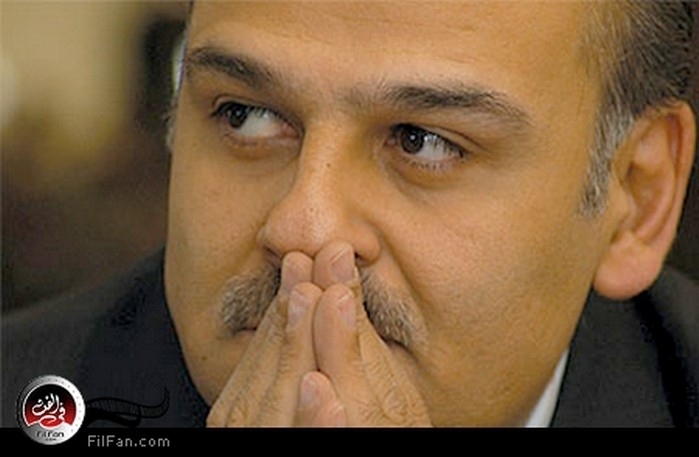In Brief:
Sulaiman is a prominent Syrian drama star, surpassing the Syrian entertainment industry and winning fame over the Arab world with roles in many well-known Egyptian shows. His attitude towards the revolution has developed progressively. Since its beginning, Sulaiman did not hesitate to announce his support for the Syrian people and their right to peaceful demonstrations. Sulaiman publicly criticized the regime’s violent crackdown against demonstrators, also considering those who supported foreign military strikes against Syria as “unfaithful”.
Background:
Jamal grew up in "Bab Srijeh" in the heart of Damascus in 1959. Born at a time of Syrian-Egyptian unity, he was named in honor of Jamal Abdel Nasser. Sulaiman lived a difficult childhood, working in a car wash and as an amateur theater actor at 14 years of age. In 1981 he graduated from the Higher Institute for Dramatic Arts, and in 1988, Jamal earned a Master's degree in Theater Direction from the University of Leeds in Britain, later returning to Damascus to work as a professor at his old Institute and as an actor in TV and film. Jamal played a major role in the Syrian drama industry, along with Syrian director Haitham Hakki and others, where he starred in over eight plays, six films and more than 50 television shows.
During the Pope's visit to Syria in 2005, Sulaiman presented a documentary series entitled "The Columns of Light" on the history of Christianity in Syria. He was chosen by the United Nations as a Goodwill Ambassador for the UNFPA in Syria, but later quit his position in protest of the UN's position towards the events in Lebanon, claiming, "It has failed morally and practically over the Arab issues”.
Sulaiman’s first marriage was to Syrian actress Wafaa Mousselli, with the couple separating after eight years, later remarrying in 2003 former minister Rana Mohammad Salman's daughter. Sulaiman has one son, Mohammed.
The First Political Appearance:
Sulaiman’s first alliance was with his then-father-in-law, Mohammed Salman, an ex-minster with close ties to former President Hafez al-Assad. Mohammed Salman’s participation in the so-called ‘national democratic initiative’ lost him the sympathy of loyalists. The man who held various positions with Hafez al-Assad could no longer play a convincing political role, leading to the suspension of the initiative months after its launch. It was now seen as important for Jamal Suleiman to take new steps in order to reestablish the movement’s credibility.
One of these steps was supporting the Syrian National Coalition following its expansion a number of days prior to the Geneva Conference, but Sulaiman later withdrew quietly and without negative public reaction.
Sulaiman reemerged in the lead up to the Syrian opposition meeting in Cairo, where he played a central role, and later in the Moscow Conference, where he was criticized for his presence.
A Serious Threat:
Sulaiman continued his advocacy in the media, consolidating his political position in the public eye – most notably his invitation for Bashar al-Assad to abandon his authority, claiming that the people of Syria have lost hope in the promised reform of the regime. The move resulted in a severe media campaign against Sulaiman.
On more than one occasion, Sulaiman publicly discussed the pressures he faced from the regime to change his political position – in one incident he was threatened with the assassination of his only son, Mohammed, which led Jamal and his family to flee the country for Egypt.
Lately, the Syndicate of Syrian Artists rejected Suleiman, accusing him of "participating in shedding the blood of the Syrian people," which was seen by Jamal Suleiman, as a “continuation of the fascist mentality that divides Syrian society”.
Historically, the Syrian regime has considered artists and actors as tools for its propaganda, providing them unique privileges in order to guarantee their loyalty towards the regime. A 2014 party speech by Assad was further confirmation of this mentality, with the audience full of artists and actors – brought intentionally to legitimize the occasion as an expression of their political loyalty.
Very few artists chose not to be part of this performance, with Jamal Suleiman the most prominent absentee.


